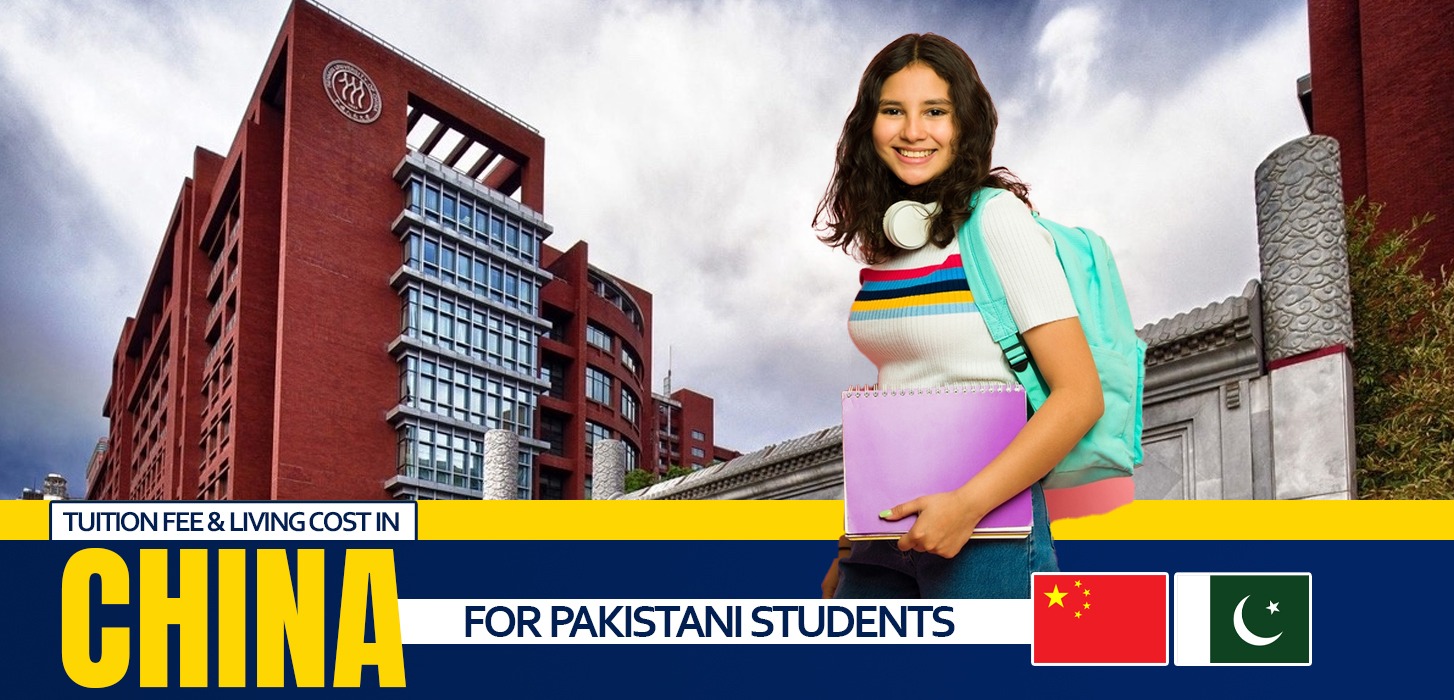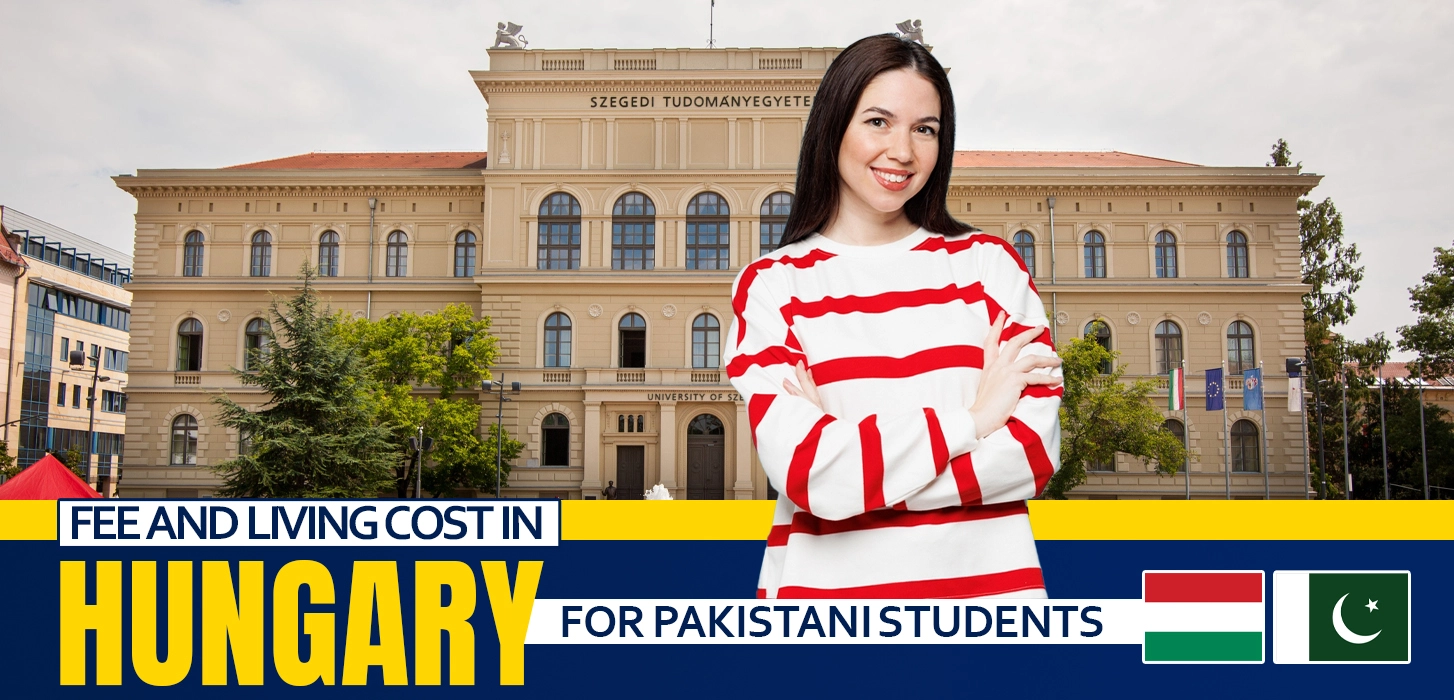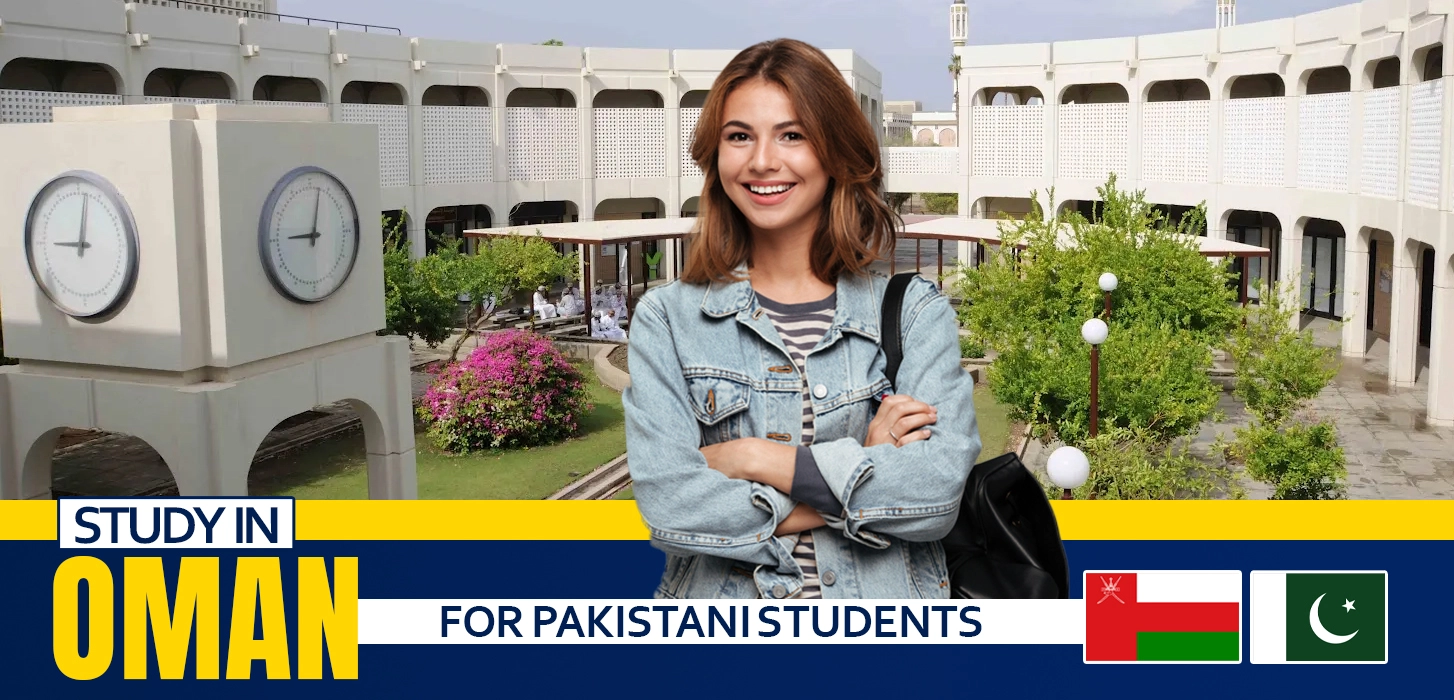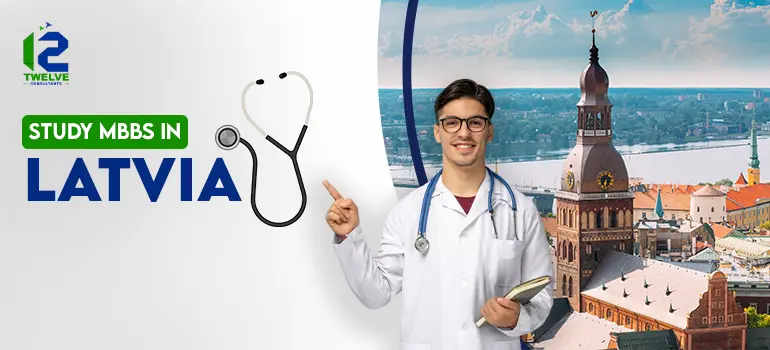
Study MBBS in Latvia 2025-26 | Tuition Fee | Visa Guide
Latvia, a picturesque European country with a rich cultural heritage, is emerging as an attractive destination for international students pursuing medical education. To realize the dream of becoming a medical professional in this vibrant nation, it is crucial to comprehend the intricate admission criteria and application procedures. This guide offers a comprehensive overview of the MBBS admission criteria for studying in Latvia.
One of the key attractions of studying medicine in Latvia is the availability of English-taught programs in renowned medical universities. These universities are globally recognized and offer internationally accredited degrees, ensuring that students receive education at par with global standards. The curriculum is designed to instill a deep understanding of medical sciences, ethics, and patient care, preparing students for successful careers in the medical field.
| Location | Baltic Region, Northern Europe. |
| Currency | Euro (EUR). |
| Language | Latvian (Official), English Programs Widely Available. |
| Work Allowed | Part-time jobs available for students. |
| Global Recognition | Degrees recognized internationally. |
| Tuition Fees | Affordable, Varies by Program and University. |
| Accommodation | Costs vary, €150 – €400/month. |
| Living Expenses | Moderate, €300 – €600/month. |
| Intakes | Mainly September, Some in February. |
| Visa Processing | Typically 1-3 months. |
| Application Fee | Varies, Usually €50 – €150. |
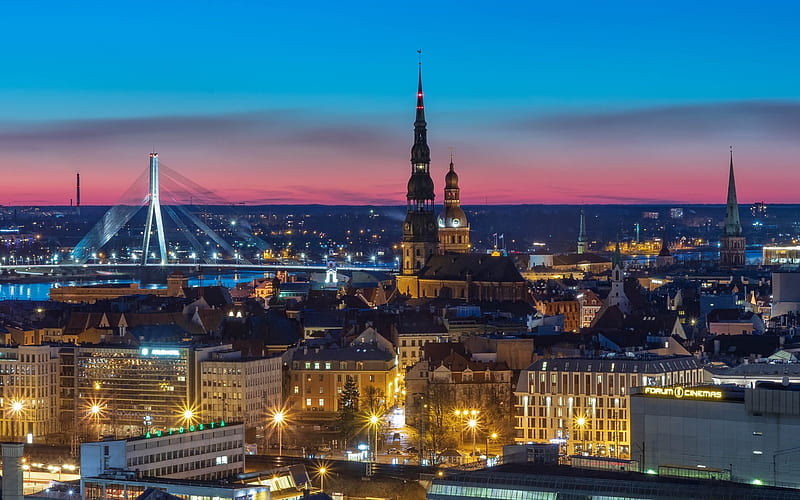
Latvia doesn’t have a large number of universities offering MBBS programs. However, there are medical universities in Latvia known for their quality education in the medical field. Here are details for some of them:
Riga Stradins University (RSU): Riga Stradins University, located in the capital city Riga, is a leading medical university in Latvia. It offers a comprehensive MBBS program with a focus on practical training and research. The university has modern facilities and experienced faculty members. Average Tuition Fee: $6,000 – $9,000 per year.
University of Latvia Faculty of Medicine: The University of Latvia’s Faculty of Medicine provides medical education with a strong emphasis on academic excellence and clinical skills. The university collaborates with hospitals and healthcare institutions to offer practical training to students. Average Tuition Fee: $5,500 – $8,000 per year.
Riga Technical University Faculty of Medicine: Riga Technical University offers medical education through its Faculty of Medicine, emphasizing a multidisciplinary approach. The program includes theoretical courses, practical training, and research opportunities. Average Tuition Fee: $5,200 – $7,500 per year.
Latvian University of Agriculture Faculty of Veterinary Medicine: While focused on veterinary medicine, this faculty provides specialized education in the field of animal health and care. The program includes practical training and prepares students for careers in veterinary medicine. Average Tuition Fee: $5,000 – $7,200 per year.
| University Name | Average Tuition Fee Range (per year) |
|---|---|
| Riga Stradins University (RSU) | $6,000 – $9,000 |
| University of Latvia Faculty of Medicine | $5,500 – $8,000 |
| Riga Technical University Faculty of Medicine | $5,200 – $7,500 |
| Latvian University of Agriculture Faculty of Veterinary Medicine | $5,000 – $7,200 |
Eligibility Requirements
Prospective students aspiring to pursue an MBBS degree in Latvia typically need to have completed their secondary education with a focus on science subjects such as Biology and Chemistry. Proficiency in the English language is essential and is often assessed through standardized tests like IELTS or TOEFL. Some universities may also conduct their own entrance exams to evaluate applicants’ knowledge in relevant subjects.
Entrance Exams
Entrance exams are a common requirement for admission to Latvian medical universities. These exams assess applicants’ understanding of subjects such as Biology, Chemistry, and Physics. A strong performance in these exams significantly enhances the chances of acceptance. Thorough preparation and a deep understanding of core concepts are essential for excelling in these assessments.
Application Procedure
Applying for MBBS programs in Latvia involves completing an online application form and submitting essential documents. These documents typically include academic transcripts, certificates, a valid passport, proof of language proficiency, and results from entrance exams if applicable. Attention to detail and adherence to application deadlines are vital for a successful application process.
Recognition of Degrees
Verifying the recognition of the degree offered by the chosen university is paramount. Opting for universities recognized by international medical bodies such as the World Health Organization (WHO) ensures the global acceptance of the degree. Recognition by national medical councils is also essential for future licensure and practice opportunities in various countries.
Tuition Fees and Scholarships
Latvia is known for offering competitive tuition fees for international students pursuing medical education. However, fees can vary between universities and programs. Prospective students should research the fee structures of different institutions. Additionally, exploring scholarship opportunities based on academic merit or other criteria can significantly alleviate the financial burden, making medical education in Latvia accessible to a diverse range of students.
Visa Requirements and Residence Permit
Once accepted into a Latvian medical university, students need to apply for a student visa. This process involves providing necessary documents, including the admission letter, proof of financial means, a valid passport, and other relevant documents. After arriving in Latvia, students are required to obtain a student residence permit, adhering to visa and residence permit regulations throughout their studies.
Accommodation and Living Expenses
Latvia offers various accommodation options, including university dormitories and private apartments. Students should explore these options based on their budget and preferences. Budgeting for living expenses, covering aspects such as housing, food, transportation, and personal needs, is crucial for financial stability and a comfortable stay throughout the academic tenure.
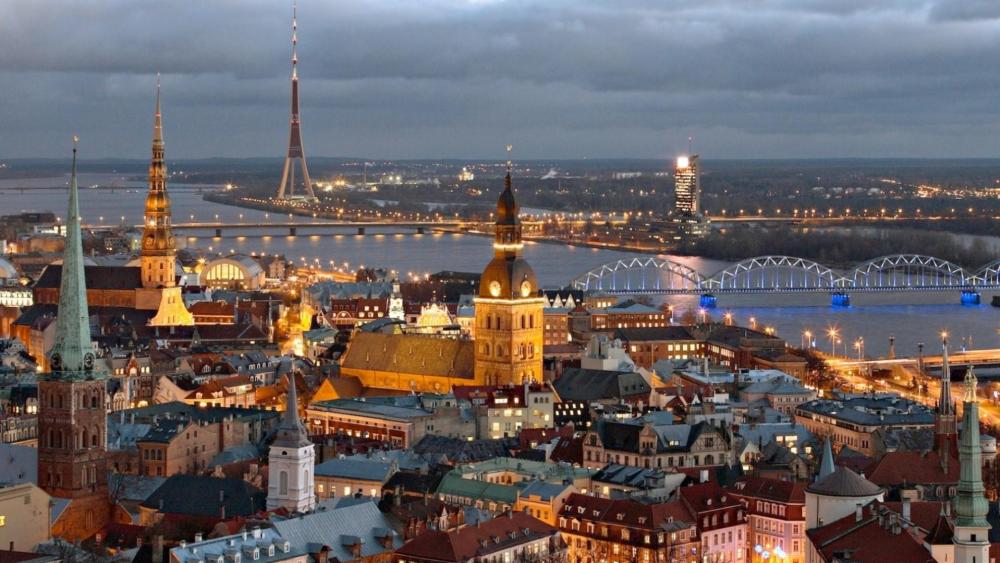
Admission Process:
Start your journey by applying to a recognized medical university in Latvia. Ensure you meet academic requirements and prepare necessary documents, including transcripts, recommendation letters, and a personal statement. Some universities might require entrance exams or interviews.
Acceptance Letter and Confirmation of Enrollment:
Once accepted, you’ll receive an official acceptance letter from the university. This letter confirms your enrollment and is crucial for your visa application.
Student Visa Application Requirements:
Prepare documents such as a valid passport, completed visa application form, university acceptance letter, proof of financial means to cover tuition and living expenses, travel insurance, and a medical certificate. Requirements can vary, so check the official website of the Latvian embassy or consulate in your country.
Language Proficiency and Preparatory Courses:
Ensure you meet the university’s language proficiency requirements. Some universities offer preparatory courses for international students to enhance their language skills before starting the main program.
Visa Application Submission:
Submit your visa application and documents to the nearest Latvian embassy or consulate. Adhere to deadlines and ensure all information is accurate and complete.
Visa Interview (if required):
Prepare for a visa interview if it’s part of the application process. Be ready to discuss your plans for studying in Latvia and your future intentions.
Financial Planning and Scholarships:
Explore scholarship opportunities and plan your finances to cover tuition, accommodation, food, transportation, and personal expenses during your stay in Latvia.
Health Insurance and Medical Check-up:
Acquire health insurance accepted in Latvia. Some universities might require a medical check-up upon arrival.
Arrival and Orientation:
Attend the university’s orientation program upon arrival. Familiarize yourself with the campus, local culture, and essential facilities. Register with local authorities as required.
Student Support Services:
Familiarize yourself with the university’s student support services, including academic advising, counseling, and accommodation assistance.
Eligibility criteria for MBBS programs in Latvia may vary between universities. However, international students generally need to:
- Have completed higher secondary education with a strong background in Science (Biology, Chemistry, and Physics).
- Provide proof of English proficiency through exams like IELTS or TOEFL.
- Meet the specific requirements set by the chosen university, including a minimum GPA or entrance exam score.
MBBS programs in Latvia typically have a duration of six years. The structure of these programs is designed to provide students with a comprehensive understanding of medical sciences, clinical skills, and practical experience. Here’s a breakdown of the typical structure of MBBS programs in Latvia:
1. Pre-Clinical Years (Years 1-3):
- Basic Sciences: The initial years focus on fundamental subjects such as anatomy, physiology, biochemistry, and medical chemistry. Students acquire a strong foundation in these subjects, laying the groundwork for their medical education.
- Pre-Clinical Training: Students engage in pre-clinical training, which includes laboratory work, dissections, and simulations. This hands-on experience helps students understand the theoretical knowledge in practical contexts.
2. Clinical Years (Years 4-6):
- Clinical Rotations: In the clinical years, students rotate through various medical specialties, including internal medicine, surgery, pediatrics, obstetrics and gynecology, psychiatry, and more. During these rotations, students work directly with patients under the supervision of experienced physicians.
- Clinical Training: Students participate in clinical training sessions where they further develop their diagnostic and patient management skills. They learn to conduct physical examinations, interpret medical tests, and formulate treatment plans.
- Hospital Placements: Students are placed in hospitals and clinics, allowing them to gain practical experience in different medical settings. They work alongside healthcare professionals and get exposure to a wide range of medical cases.
3. Electives and Specializations (Optional):
- Some programs offer elective periods during which students can choose specific medical specialties to explore in-depth. This allows students to tailor their education according to their interests.
- Specialization options might be available for students who wish to pursue a particular field of medicine, leading to additional years of study and training.
4. Internship and Graduation:
- After completing the six-year program, students may be required to undergo a compulsory internship period, during which they work as medical interns in hospitals, gaining practical experience and further honing their skills.
- Successful completion of the internship and passing the necessary exams leads to the award of the MBBS degree.
Yes, international students studying in Latvia are generally allowed to work part-time. EU and EEA (European Economic Area) students have unrestricted access to the Latvian labor market. Non-EU/EEA international students are allowed to work part-time during their studies, typically up to 20 hours per week, with some restrictions during study breaks.
Yes, medical degrees obtained from recognized universities in Latvia are internationally recognized. Graduates can pursue further education, participate in medical licensure exams, or practice medicine in various countries worldwide. It’s important to choose universities that are accredited and recognized by international medical bodies for global recognition.
Tuition fees for MBBS programs in Latvia vary depending on the university and program. On average, the annual tuition fees for international students range from €5,000 to €15,000. Living expenses, including accommodation, food, transportation, and miscellaneous expenses, are estimated to be around €500 to €800 per month, depending on the city and lifestyle.
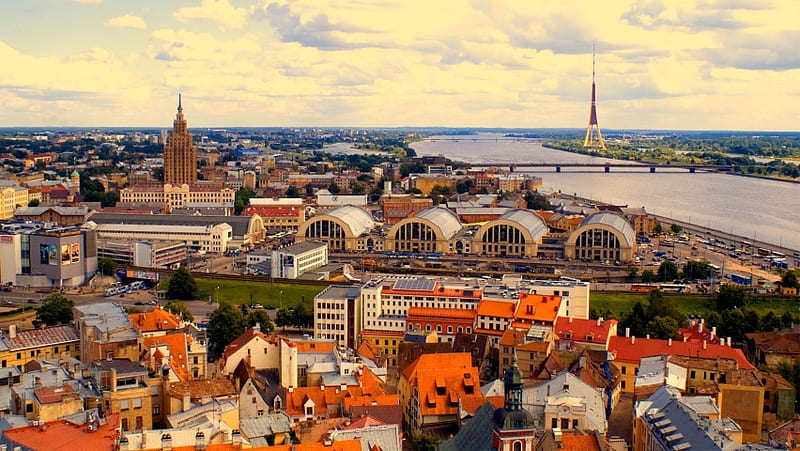
Latest Post
Lithuania has become an attractive destination for Pakistani students seeking...
Many Pakistani students dream of studying abroad but are often...
According to the Ministry of Education and Research report, In...
Pursuing higher education in New Zealand is a top destination...
The UK has always been a student-preferred destination for gaining...
Understanding the tuition fee & living cost in China is...
Hungary is an increasingly popular choice for Pakistani students pursuing...
Studying in Oman is an excellent opportunity for Pakistani students...






